How can transformational travel shape the industry for the better?
Table of Contents
While necessary, the lockdown has had grave impacts on people’s livelihoods. Just talking about the “impact on the economy“ doesn’t do it justice. Let’s face it; the “economy“ is us – people, families, companies and industries. Let’s give them a face – restaurant owners, small and mid-sized travel companies, event management businesses, among many others. Even charities and non-profits are struggling due to a sharp fall in donations.
The lucky ones were furloughed, but many people have and will continue to lose their jobs, especially in the travel industry. And despite government support, it’s almost certain that the impact of the crisis will eventually force many companies to file for bankruptcy in the short or long-term. These businesses belong to entrepreneurs who have often put their heart and soul into building them. We are likely going to feel the aftermath of the crisis for years if not decades. In light of this it’s ever more important for the travel industry to strongly focus on a more sustainable type of travel or simply transformational travel benefitting both traveller and host.
The Impact of the Lack of Tourism in the Global South
It’s wrong to weigh up people’s fates around the world. My heart goes out to everyone impacted by the pandemic. But seeing how tourism represents the main and often sole income for a lot of communities and regions in the Global South, we need to make sure that we give the ones hit the hardest all the support we can.
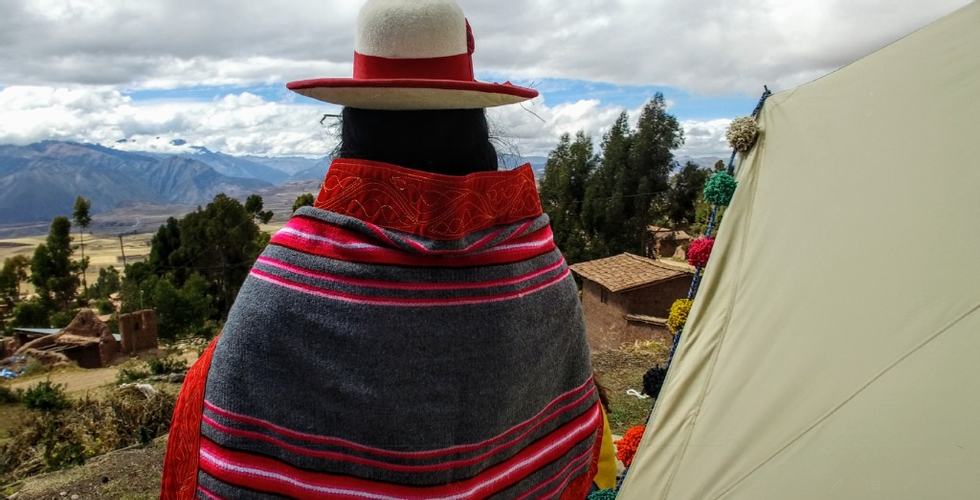
From Incoming Agencies, to communities in the Amazon running eco lodges, to porters and chefs normally accompanying adventurers on their quest to climb the world’s highest peaks. To safari operators and lodges vital to conservation efforts and the fight against poaching – now helplessly watching poaching activities increase due to the lack of income and watchful eyes of tourists, guides and anti poaching units. To every local guide, every family offering homestays, every locally owned lodge or hotel, every local project funded by sustainable tourism.
A lot of travel providers, be it guides, locally owned lodges or Incoming Agencies are located in countries offering no or only little financial support through these times. As an example, a porter in Peru normally earns around 360 USD a month. But now they haven’t earned a Dollar since the 16th of March. For them it literally comes down to being able to feed their family.
For me the above is one the most important reasons for a deep-rooted change towards a more transformational travel and real sustainability in the industry. If done right, travel can have a tremendous impact on communities’ livelihoods in the Global South. And once the curve is flat enough for countries to reopen their borders to international travellers, increasingly involving these communities in the decision making of how travel will look like post Covid will be a game changer.
The Elephant in the Room – Travel and Environmental Impact
The lockdown has shown that nature does not need long to recover with falling pollution levels and greenhouse gas emissions across the globe. When it comes to international travel, flying is the single greatest factor adding to our climate crisis and is probably the largest portion of each traveller’s carbon footprint. But unless people plan to cross our oceans on a sailing boat Greta-style from now on, there isn’t really a way around that for overseas trips.
I have always believed that the good that travel can do, surpasses the negative effects it might have. While travel inevitably contributes to global carbon emissions and pollution, it can create crucial environmental awareness at the same time.
Let’s take the example of many indigenous groups and communities who run stunning eco lodges in the Amazon. Oftentimes these communities own land and reserves in the region. This often permits them to build lodges on their land or even within National Park borders such as in the case of Napo Wildlife Center in Yasuni National Park.
The Ecuadorian Amazon surrounding Yasuni National Park, the most bio diverse place on earth, has become increasingly interesting to oil companies and travel companies alike in recent years. Paddling down Napo River you’ll see the river lined with fire spitting oil pipes and extraction machinery. Until 2018 oil extraction was largely kept out of Yasuni, but now new oil wells reach beyond park borders, luckily only concentrated in a small area.
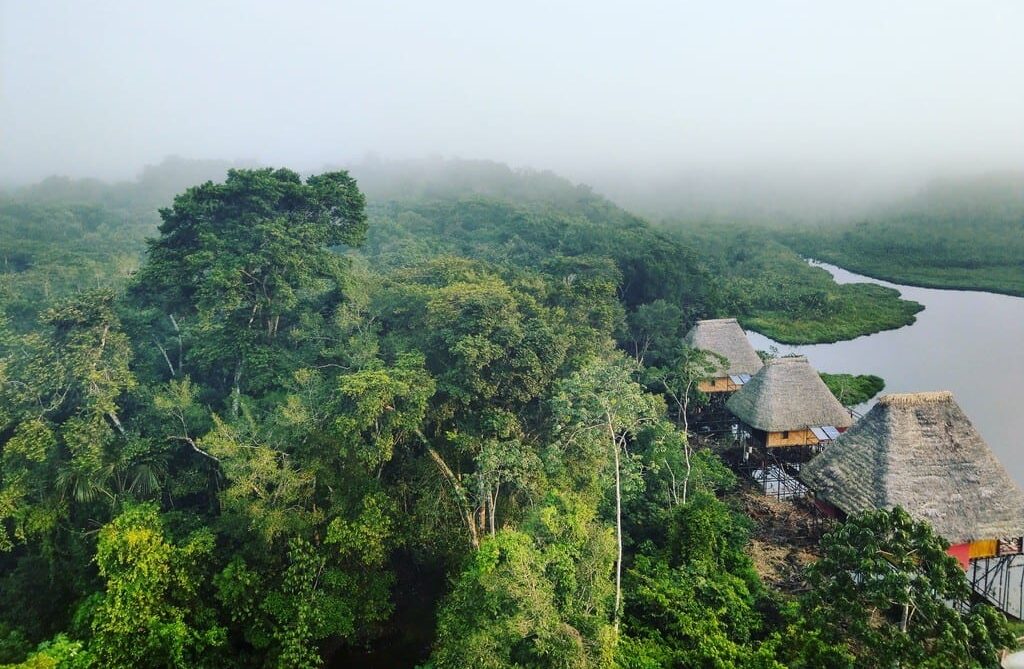
At the same time Yasuni is one of the most breathtaking places in the world for wildlife lovers. Indigenous groups native to the land such as the Kichwa Anangu run many fantastic eco lodges in the area. Prerequisite for running a successful eco lodge focused on wildlife observations is of course their surrounding land to stay intact. Running these lodges in and around the park empowers these communities and gives them a voice. The eco tourism in the region is one of the reasons why oil extraction activities have largely been kept in check so far protecting the region and its inhabitants.
Sustainable tourism drives the funding and conservation of National Parks and Reserves in popular safari destinations. Travel is the main driver to keep the work of organisations such as Musekese Conservation and with it anti poaching, education and conservation efforts afloat.
There are thousands of examples that can be given about how travel creates awareness in visitors about a destination’s challenges. But we have to do it right.
A New Appreciation for Travel
After months of lockdown, separation and fear with many people seeing their families, friends and the world struggle, I believe people are longing for community, nature and new experiences. It has been a time for inner reflection and awareness. While the pandemic has led to terrible consequences, I also believe that every challenge bears an opportunity.
I believe above all, this crisis is making people more appreciative. Until a couple of weeks ago, no one in the UK had gone to the pub to socialise over an after work pint for about four months. Who would have thought we would ever have to queue to run some basic errands and wait months to see friends or family? We took everything for granted – going out, seeing loved ones, running errands… and travel. Now we know how quickly things can change.
This new appreciation will be a force to make the next trip special. To connect to others, connect to nature, leave a positive impact and maybe even continue that internal transformative process that the pandemic may have started – a truly transformational travel experience.
Due to the international travel restrictions there will also be an appreciation for the beauty of the region or country you live in. We often think what we want is far away but often it is right on our doorstep.
I hope that this greater appreciation for travel will lead to a demand in more transformative experiences – unique and sustainable journeys that stay with the traveller after their return. This is why I believe that Transformational Travel will play a much bigger role in the industry than before.
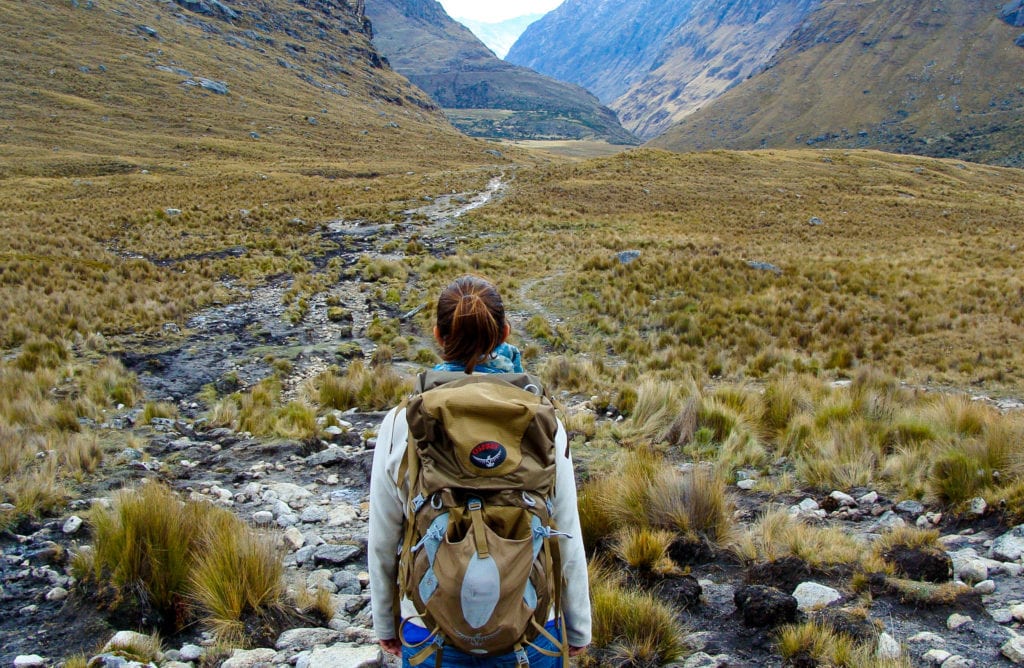
The Why and What of Transformational Travel
Humanity is at a crossroads. The spiritual community talks about the Great Spiritual Awakening or Transformation. But you do not have to believe in any spiritual principles to see that 2020 is a year that paves the way for great change and transformation in a variety of areas.
I believe that travel is one of the most powerful tools for global change. It connects and brings people together. If done right it removes prejudices and preconceptions. It is an important income source for the Global South and for local communities in the destinations.
In 2017 British Vogue called Transformational Travel “the next evolution in travel”. It’s easily compared to Experiential Travel although it’s actually one step up. While the latter aims at authentic and immersive experiences, Transformational Travel takes it further. The aim here is to use these same experiences to implement new ways of living and achieve long lasting positive change for one’s own life and the lives of others. Therefore, it’s the “post travel action” that separates experiential from transformational travel. But it’s so much more. It’s about personal growth. About venturing into the unknown to places and cultures different from ours. It’s about engaging in meaningful and sometimes difficult conversations broadening our horizon and then applying the lessons learnt.
In the words of the Transformational Travel Council (TTC), who have been promoting the concept long before this crisis, transformational travel means to intentionally stretch, learn and grow into new ways of being and engaging with the world.
According to the TTC, the three critical parts of a truly life-altering adventure come down to:
- Traveling with intention, openness and mindfulness
- Engaging in challenging physical and/or cultural experiences
- Taking time for personal reflection and meaning-making.
For the TTC travelling with a HEART – to be humble, engaged, aware, resilient and thankful – lies at the core of transformational travel. How a traveller interprets this notion is up to them. Going into an experience humbly can for instance mean to travel with an “empty cup mentality”. Rather than having a prejudiced perception of the destination and its people, travellers may want to leave that all behind.
In order to understand another culture, one needs to engage through meaningful interactions. Based on the Intergroup Contact Theory, people do not change their opinions through knowledge, which explains why many people refuse to believe in facts. The two main factors changing people’s perceptions are empathy and participation, which emphasises the importance of going through extra ordinary experiences with your hosts.
Being aware can for instance refer to knowing the purpose of your journey. What is the journey’s goal and what are you trying to achieve? Awareness is also about re-connecting to yourself, others, nature and maybe something bigger. Being resilient enough means to accept physical, spiritual and cultural challenges that stretch your idea of what you deemed possible. Challenges are necessary drivers of transformation. Having reached that peak that you thought you could never climb will give you a deep sense of freedom, connectedness and confidence.
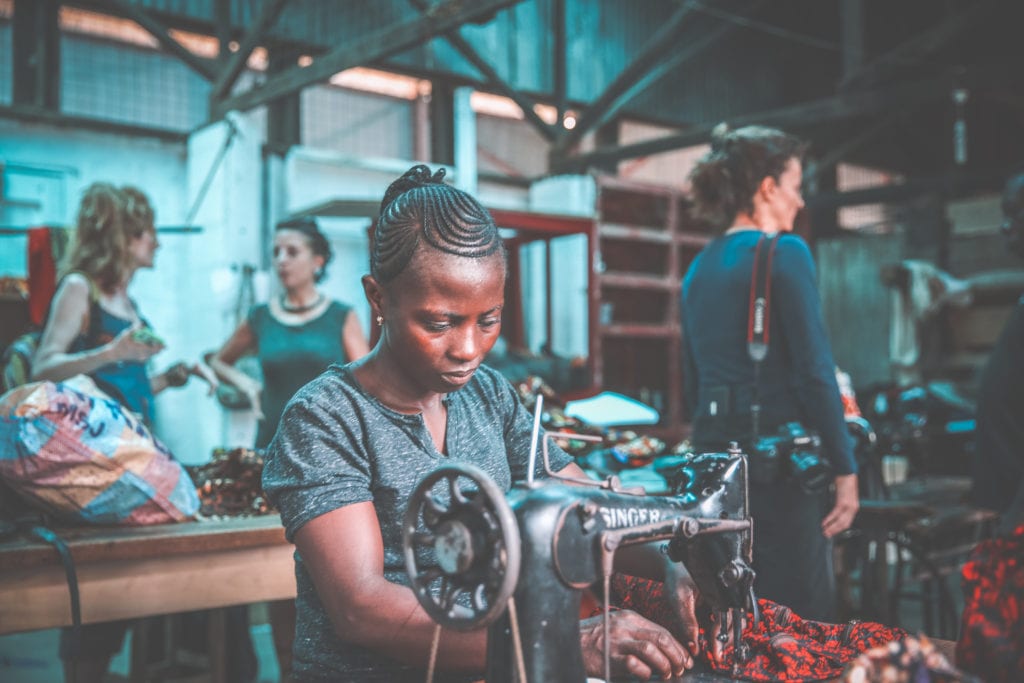
And lastly, being thankful for a travel experience that the majority of people on earth cannot afford to have. Gratitude and appreciation for the destination and its people are two of the most important factors and drive the desire to enact positive change.
Transformational Travel - Away from Mass Tourism to a More Mindful Approach
Let’s be honest, who in their right mind wants to be stuck on a 6000-passenger cruise ship any time soon? Covid has shown that bigger is not always better. But it’s certainly not my place to judge anyone who enjoys seeing the world on a cruise. Especially for the older, sometimes less mobile generations, a cruise is a great way to see many beautiful places in a fairly short amount of time. However, the focus here needs to be on sustainability in all areas. From the way staff are treated on board, to what degree local communities and destinations benefit to what their waste management and thus environmental impact looks like.
As a travel blogger, I keep coming across posts about “the most instagrammable spots in…” Basically a box ticking exercise of where one has been to impress their followers. This is part of the problem. Having visited Machu Picchu twice, once in 2011 and once in 2018, the two visits could not have been any more different. Going up one afternoon in October 2011, we pretty much had the site to ourselves. We stopped when felt like it, took the view in when we wanted to, took a break for some packed lunch and had the time and space to be in awe of the place. No one rushed us through.
Only seven years later and everything had changed. Simply taking in the view and the energy of that magical place wasn’t possible anymore. One of earth’s most mystical and special places had turned into selfie stick land.
Suddenly we shared the experience with thousands of other people. There was now a ”one way” path through the site, which was lined by security guards. Stopping for more than ten seconds resulted in them sternly reminding you to keep going. Having a break was out of question. I was stunned with how things could change in such a short amount of time. Since 2019 the maximum number of visitors is capped at 2500 per day, down from 5000. Now once the site opens again, the maximum allowed is 675 visitors a day to keep in line with social distancing regulations. Let’s hope it stays that way after the crisis.
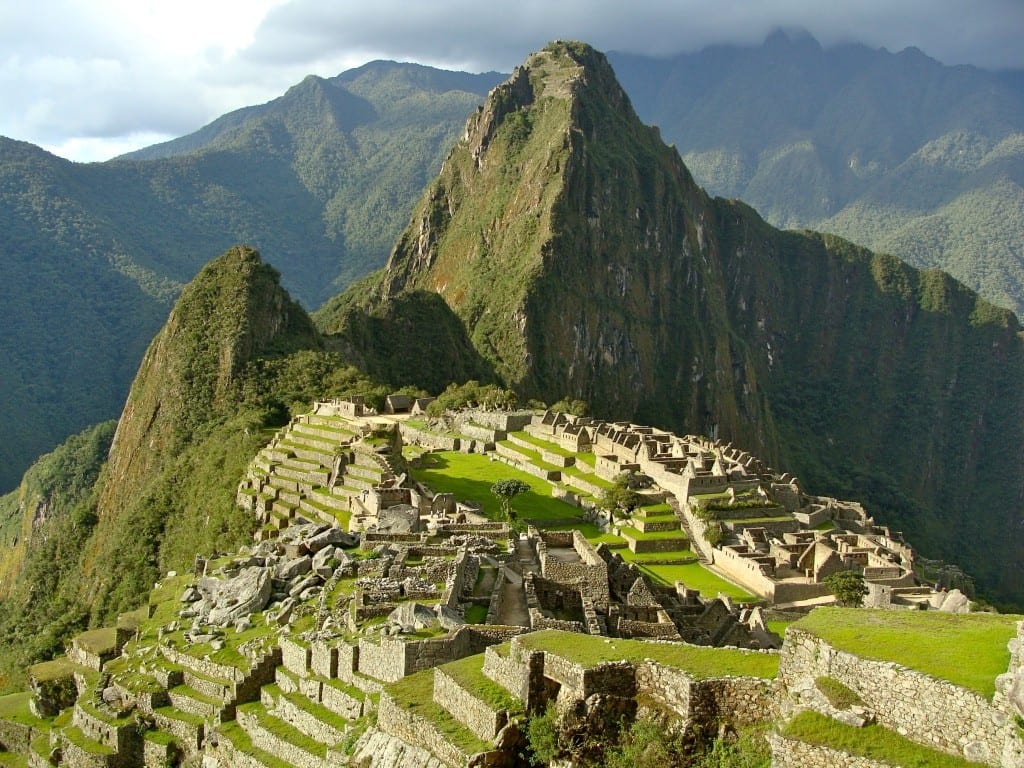
One country that has always followed a “high value, low impact” approach is Bhutan. Their model is purely based on eco tourism principles focused on nature, conservation, learning and participation – and has thus followed the transformational travel approach long before anyone else. Thailand is another country that may follow suit after decades of ever growing unfiltered mass tourism. The Southeast Asian country has announced just last month to initially target a smaller, wealthier group of people.
Transformational Travel - The Changes are Already Happening
Sam Bruce from Much Better Adventures for example emphasises the importance of working with guides who are genuine about protecting the environment, cultural sensitivity and the support of grass-roots projects.
So what will the future of travel look like? Remote places in nature over typical tourist places? Another spike in off the beaten track destinations? Maybe for the younger crowd. The older generations might prefer to stay close to a proven healthcare system for now. Jetting over to Barcelona from London just for the weekend? I think that might be history for the foreseeable future. On top of environmental concerns, I believe less people are willing to take that health risk for such a short trip – at least until we have got a vaccine. But who knows, maybe we have got it all wrong.
While most of it is still speculation, some things are already changing. A couple of months ago six organisations focused on sustainable, responsible and transformational travel formed The Future of Tourism Coalition. The six organisations include the Center for Responsible Travel (CREST), Destination Stewardship Center, Green Destinations, Sustainable Travel International, Tourism Cares and the Travel Foundation, all with the guidance of the Global Sustainable Tourism Council (GSTC).
Taking the standstill as a chance to reverse harmful approaches, proven to have a negative impact on destinations, wildlife, communities, sights and the environment.
Among the industry players who have already committed to these, you could say transformational travel principles you will not only find organisations that are inherently based on sustainability principles such as WWF, the Tourism Council of Bhutan or the Global Ecotourism Network. Traditionally more corporate or commercial organisations such as Hilton, G Adventures and Intrepid Travel also joined the coalition shortly after its inception.
The coalition’s goals and purpose is to ingrain responsible tourism principles deep into the industry’s values. Some of these values emphasise quality over quantity, a fairer income distribution, a mitigation of climate impacts, a diversification on source markets and more responsible operations.
I strongly believe that the desire to travel will be back in full force. Initially, some people will be more wary than others, especially before a vaccine hits the market. But eventually we will slowly see international travel rise again. However, I hope differently and a lot more transformational.
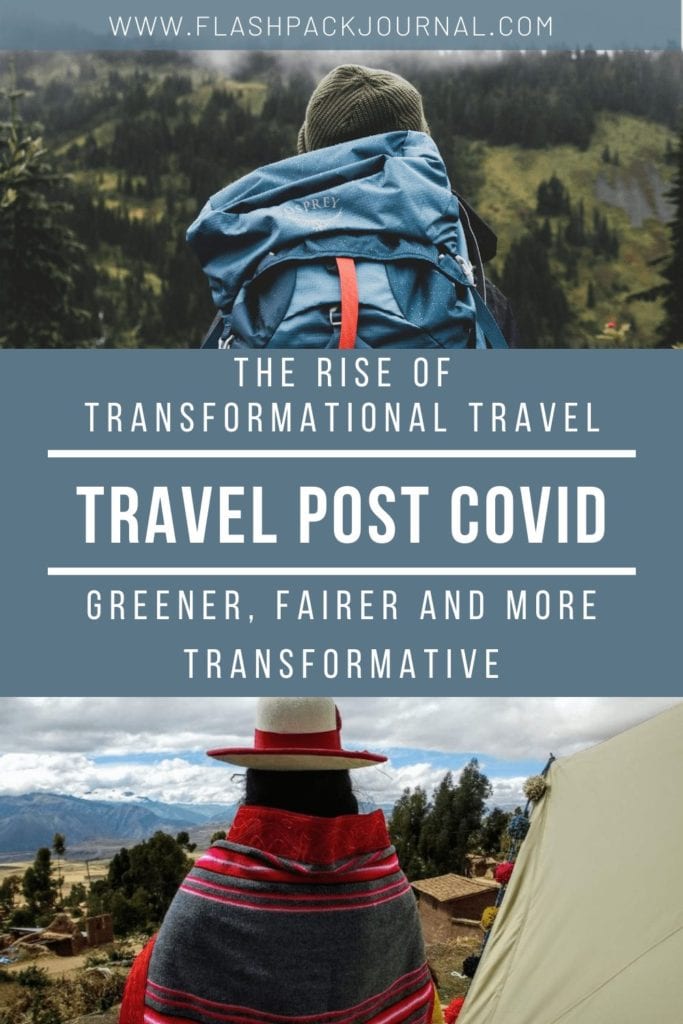
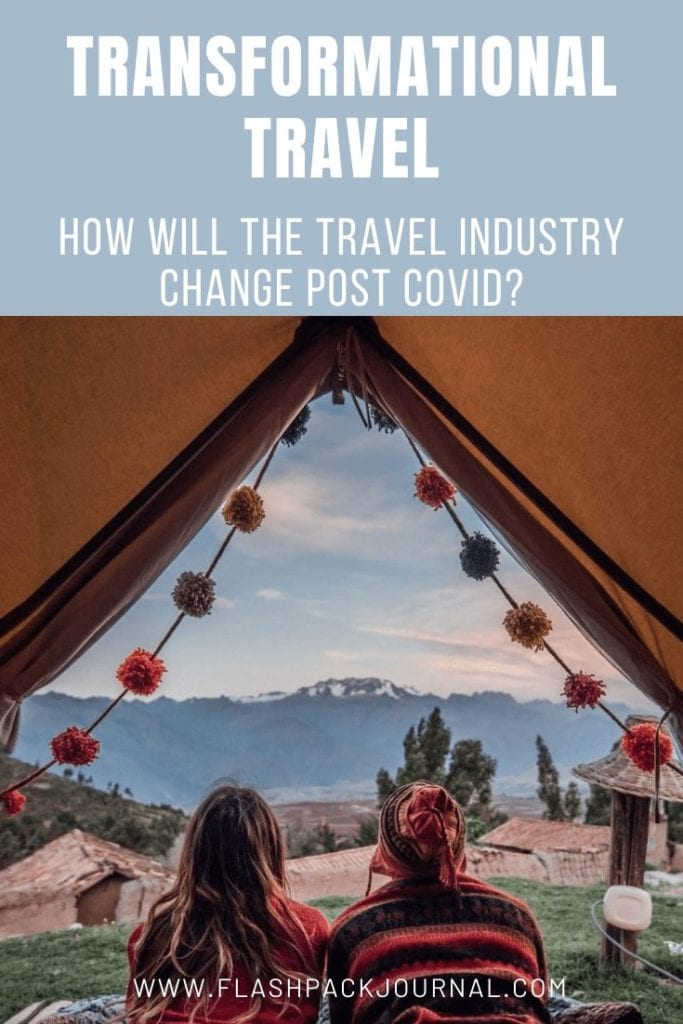
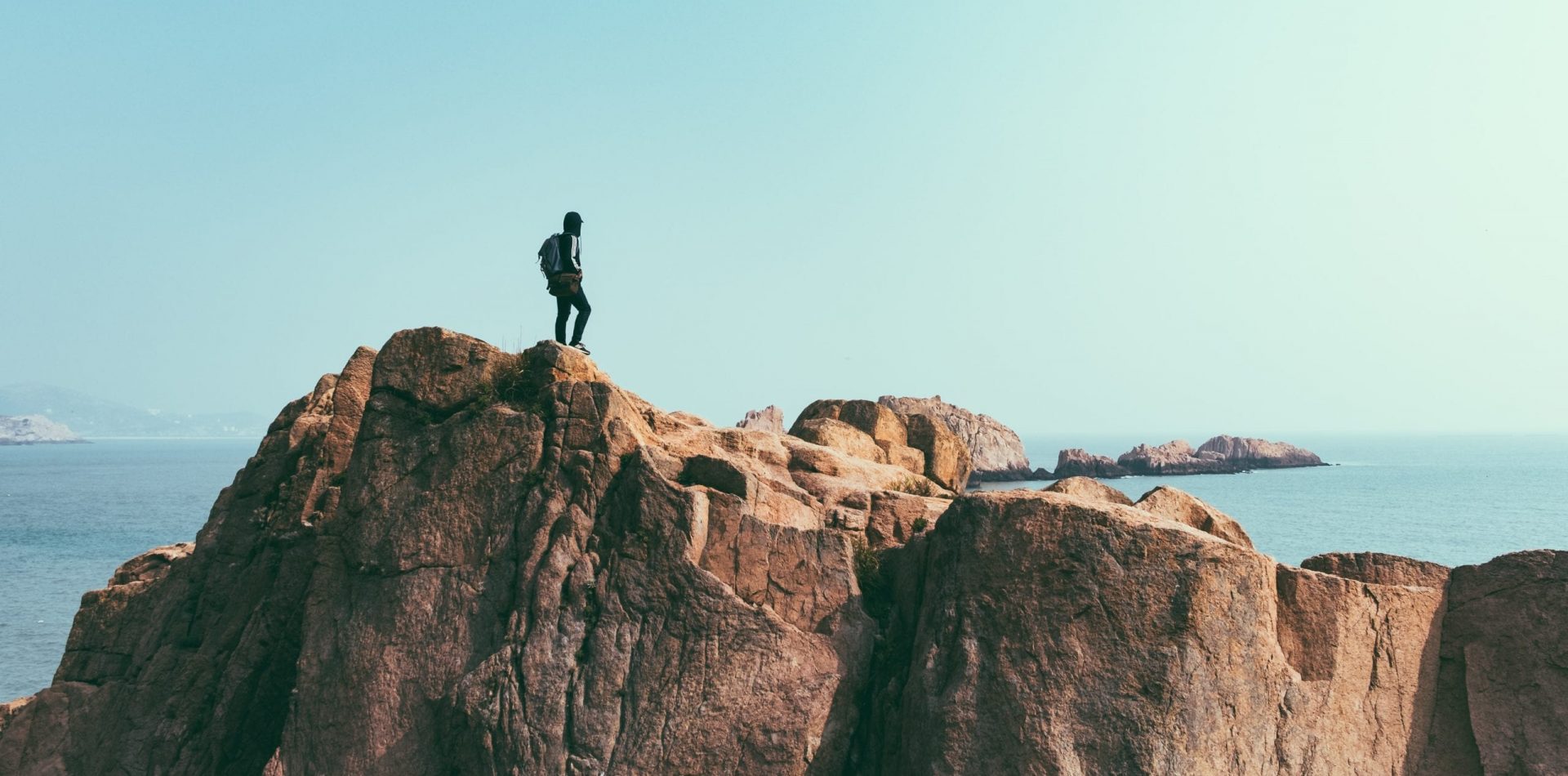




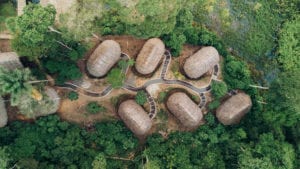
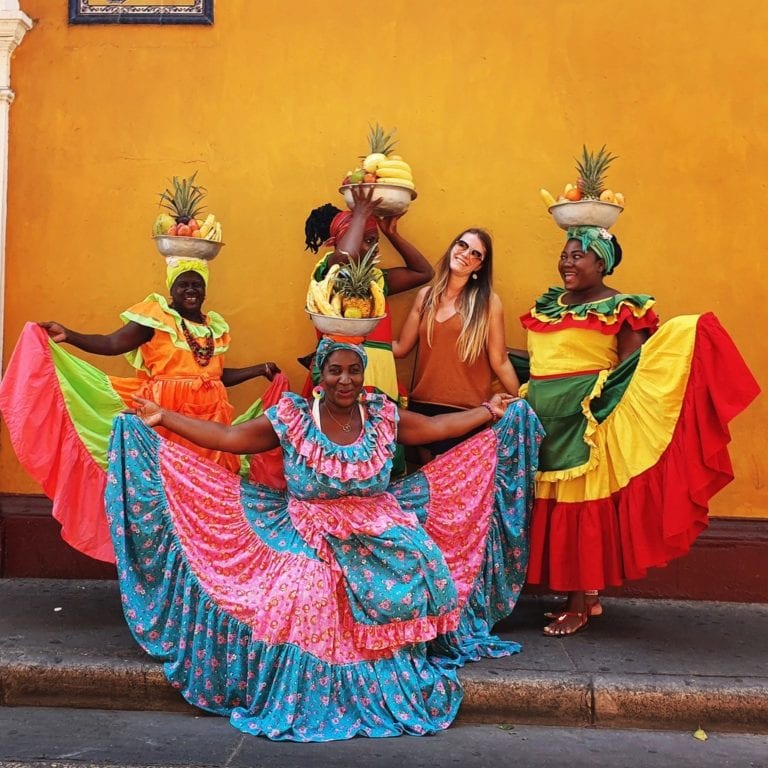
5 Comments
Spanish Nomad
Posted at 19:20h, 25 JulyThis is definitely a topic that us travellers need to think about more intently. Thanks for putting it together.
Holly
Posted at 00:22h, 11 AugustGreat post and very intuititive. Thanks Spanish Nomad for posting this or I may not have found it.
Lina
Posted at 16:58h, 28 NovemberThis is really such an interesting topic.
I’m also wondering how the current situation will change the future of travel. I just really hope people start to travel more sustainably and with more appreciation again 🙂
Pingback:Hiking In Oaxaca: Hidden Gems Of Mexico’s Most Beautiful State – Sierra Norte And Camino Copalita | Flashpack Journal
Posted at 10:39h, 24 May[…] of the Pacific Coast around Huatulco. Hiking in Oaxaca doesn’t get much better, more immersive and transformational than on the Camino Copalita. The trek crosses the lands of different indigenous communities, […]
Pingback:The Transformational Travel Council | Reclaim Yourself
Posted at 17:39h, 31 October[…] We work hard to ensure that all of our retreats support the environment and local communities. Read this great blog from Flashpack Journal. […]